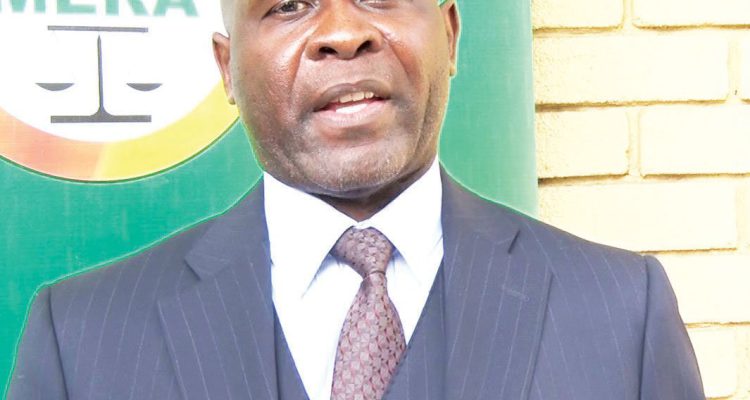
Henry Kachaje, the Chief Executive Officer (CEO) of the Malawi Energy Regulatory Authority (Mera), has been granted a renewal of his three-year contract by the government.
This decision has drawn significant criticism from various quarters, including Parliament and corporate governance commentators.
The decision to extend Kachaje’s tenure has been confirmed by Peter Simbani, the Controller of Statutory Corporations.
While the renewal was celebrated by some as a continuation of experienced leadership, it has also provoked a wave of disapproval regarding issues of governance and accountability.
Critics argue that the contract renewal exemplifies a troubling trend of impunity and undermines corporate governance principles.
They contend that the decision to renew Kachaje’s contract, despite ongoing criticisms and concerns about Mera’s operational effectiveness, reflects a broader disregard for transparency and accountability.
Members of Parliament have voiced their concerns, suggesting that the renewal could be perceived as an endorsement of subpar performance and a lack of adherence to established corporate governance practices.
They argue that the extension of Kachaje’s contract, amidst criticisms and ongoing debates about Mera’s performance, undermines efforts to hold statutory corporations to high standards of accountability and performance.
Commentators have pointed out that effective corporate governance requires periodic reviews and evaluations of leadership to ensure that executives are meeting performance expectations and fulfilling their roles with integrity.
The renewal of Kachaje’s contract, in their view, raises questions about the transparency of the evaluation process and the criteria used to assess his performance.
Supporters of Kachaje, however, argue that his renewal reflects the government’s confidence in his leadership and the continuity required for strategic initiatives at Mera.
They suggest that stability at the top is crucial for navigating the complex regulatory landscape of Malawi’s energy sector.
As the debate continues, the spotlight remains on the government’s decision-making processes and the principles guiding leadership appointments within statutory corporations.
The renewal of Kachaje’s contract serves as a critical moment for evaluating how Malawi’s institutions balance leadership stability with the need for accountability and adherence to governance standards.














